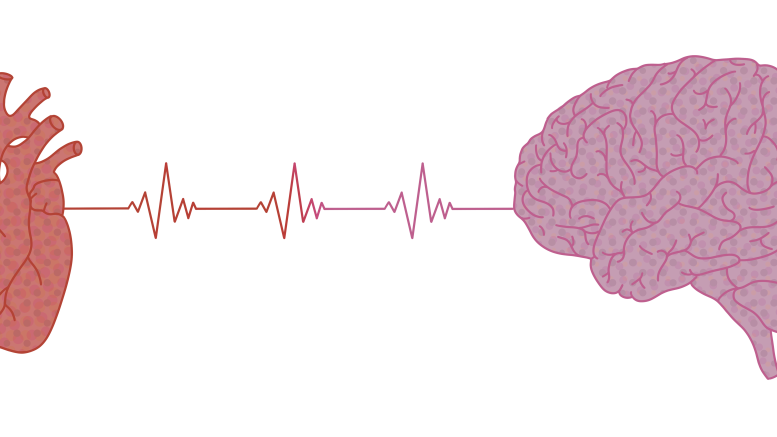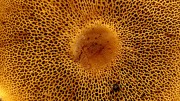Around the world, 10 to 15 per cent of children are diagnosed with a mental illness. Similar to children with chronic conditions affecting their physical health, children with mental illnesses have a lower quality of life. Additionally, children exposed to their mothers experience of mental illness are placed at a higher risk of experiencing mental illness themselves.
A recent study conducted at the U of M’s Hearts and Minds Lab aimed to interrupt the transmission of mental illness from mothers to children. The study used the Building Regulation in Dual Generations (BRIDGE) program, which is based on non-reactive and emotionally validating parenting methods to promote better child mental health.
The lab found that 85 per cent of participants experienced improved mental health.
Two of the study’s co-authors are U of M department of psychology faculty members Ryan Giuliano and Leslie Roos, co-directors of the Hearts and Minds Lab.
“We had this dream […] to have a lab where we do experiments and some basic science on brain activity and cardiac function,” Giuliano said. “Mostly in the context of experiences of stress, both immediate acute stress and long-term chronic stress, and combining that field of research and literature with clinical work, hoping to help people cope with stress in their daily lives.”
Giuliano explained that the lab’s approach is twofold. While Giuliano leads experimental and basic work, Roos leads clinical programs that focus mainly on parents with mental health challenges.
One of Giuliano’s current projects uses electroencephalography (EEG) to record brainwaves while simultaneously tracking the heart’s electrical activity using electrocardiography (EKG). The goal is to see how brainwaves and cardiac activity change over time, both while at rest and while undergoing lab-induced stress.
“We’re really hoping to identify profiles of people that cope with the experience of stress a little more easily and who recover from it faster, and behaviours that are associated with that more robust stress recovery,” Giuliano said.
He hopes the information gained from this study can offer insight into handling stress. This insight may be beneficial for parents who participate in clinical trials at the lab.
“There’s a lot to learn that’s interesting about how the brain works and how the heart works together with it, but we ultimately really want to apply what we learn to develop stress management techniques,” Giuliano said.
One of the lab’s current projects aims to develop an “open-source toolbox” containing code. Giuliano hopes that the code, developed at the lab, will be able to help other labs around the world studying the link between the heart and mind to combine measures of brainwaves and cardiac activity in their work.
Another study co-authored by Giuliano and Roos focuses on an app called Building Emotional Awareness and Mental Health (BEAM). The study examined the app’s potential to address the increased maternal mental health challenges that occurred during COVID-19. The project began by consulting a parent advisory board, a group of 10 mothers who had experienced depression, and the BEAM program was designed based on the feedback the group provided. BEAM was created to integrate “evidence-informed psychoeducation and group therapy with matched emotion-focused parenting skills.”
There were five major components of the 10-week BEAM program: weekly videos providing education on mental health therapy and emotion-focused parenting skills, an online forum for social support, weekly homework activities, weekly telehealth group sessions and a weekly survey regarding depression and parenting stress.
“This app has been shown through a randomized control trial to reduce parents’ stress and improve their mental well-being, and it’s all through an app that people can download on their phones,” Giuliano said. “We’re in the process of scaling that up and taking that to bigger populations around Canada, and we’re really optimistic that that will help people.”
He added that the app might be especially useful in light of COVID-19 to help people cope with the increased isolation and loneliness that persists today.
One of Giuliano’s main goals is to continue mentoring young scientists. He explained that providing students with a positive experience helps ensure there are more future scientists who continue the lab’s important work.
Giuliano also emphasized the importance of the many volunteers and students who dedicate their time to the lab. He said the 30 to 40 students working there at any given time are the “life-force behind what we do.”
He added that the large scale of their parent-child projects means they are always looking to recruit more volunteers with a passion for the lab’s vision. Even people who lack experience in neuroscience can contribute to the lab in big ways.
“Often some of the best researchers in our lab have been people who work at daycares or who have a lot of babysitting experience, and who really have an insight into how children and their parents respond to stress and how they recover from it,” Giuliano noted.
“My message is to invite people to come check us out,” Giuliano said. “Don’t hesitate to shoot me an email, or Dr. Roos, because we love for people to get involved.”



